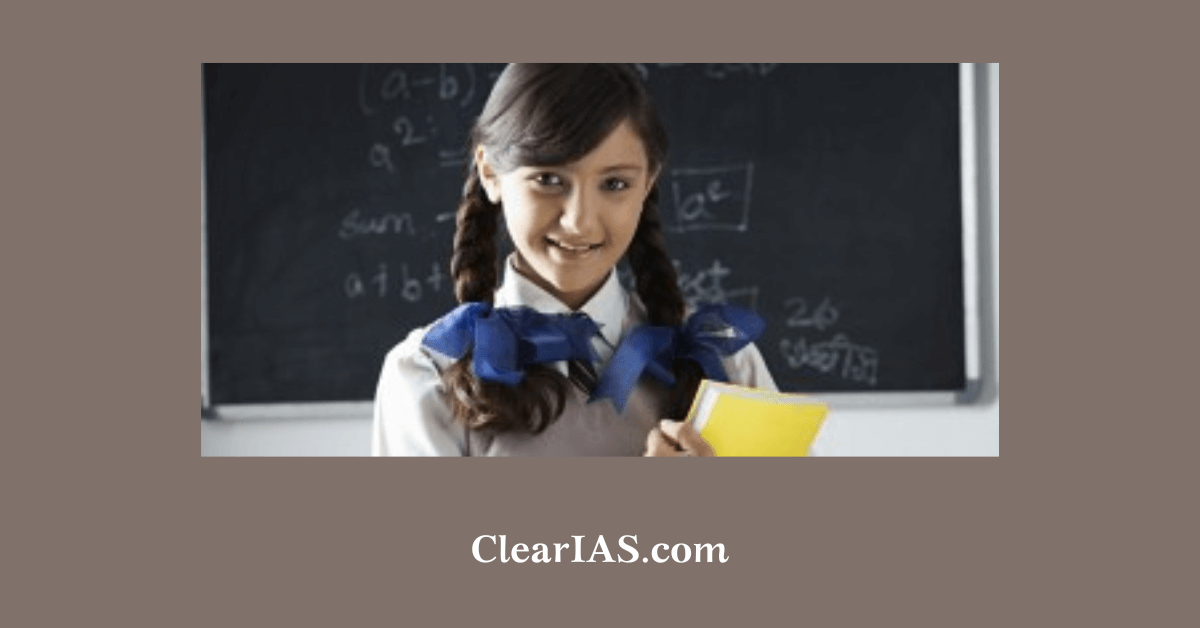
The programme will comprehensively address the health needs of the near 25 crore adolescents, who account for over 21% of the country’s population. RKSK will include a sharp focus on adolescents’ sexual health.
Who is an adolescent?
The RKSK programme defines an adolescent as a person within 10-19 years of age, in urban and rural areas, includes both girls and boys, married and unmarried, poor and affluent, whether they are in school or out of school.
What’s new about the Rashtriya Kishor Swasthya Karyakram (RKSK)?
There were 147 Centrally Sponsored Schemes (CSS) till 2013 budget. (Yes, much to the dismay of UPSC aspirants; they had to by-heart so many Yojanas and Karykrams!) But Planning Commission has recently announced merging of many CSS to a manageable number (ie. 66), for ease of government officials like District Collectors (and for UPSC aspirants too :-)). But then, why another Karyakram now? Let’s see what is new about RKSK?
- The Rashtriya Kishor Swasthya Karyakram (RKSK) will bring in several new dimensions, such as – mental health, nutrition, substance misuse, gender based violence and non-communicable diseases.
- The programme introduces community based interventions through peer educators, and is underpinned by collaborations with other Ministries and State governments, knowledge partners and more research.
- New focus on adolescents is in recognition of the fact that without adolescent health, maternal and child health outcomes may continue to elude us.
- At present the Government’s strategic approach in health sector is RMNCH+A (Reproductive, Maternal, New born, Child Health + Adolescent) in which ‘A’ denotes adolescents.
- 5 by 5 RMNCH+A matrix has been developed which lists out the 5 high impact interventions under each of the 5 pillars, all of which need to be implemented together, at the same time, with high coverage and quality.
- The programme is an effort to move away from a ‘doctor-driven’ effort towards a holistic and participative programme.
- The RKSK recognizes that all adolescents need attention even before the occurrence of any disease or problem, and in order to make informed decisions and choices.
- Adolescents present a unique opportunity to reap the country’s demographic dividends.
- Lifestyle and behavior related diseases such as substance abuse, inflicting self harm, tendency towards gender-based violence, low nutrition and physical inactivity, which begin and occur more during this phase, are fast becoming the causes for the highest mortality in this age group.
- The programme emphasis seven ‘Cs”- coverage, content, communication, counselling, clinics and convergence.
- Active use of new technologies and social media platforms will form an integral part of the programme to reach the adolescents in their own spaces, with strategic partnerships with communities and peers.






Leave a Reply